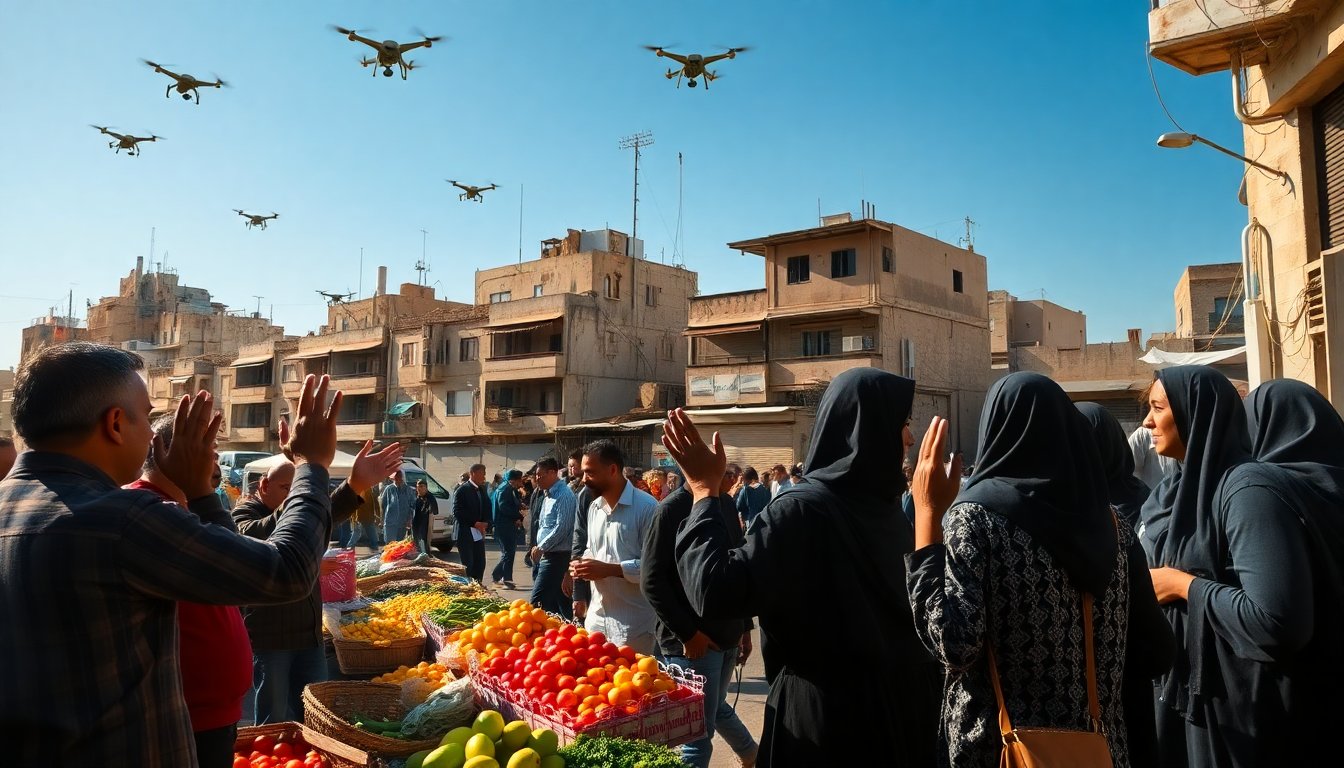Table of Contents
The political situation in Gaza is intricate, especially with Hamas reemerging as a significant force. Following a recent cease-fire, many residents convey conflicting feelings. They desire the militant group to relinquish its governance role, yet they also recognize the stability that has accompanied its efforts to reduce crime. Grasping this complexity is essential for any peace initiative aimed at the region.
The duality of public sentiment
In the aftermath of the cease-fire, the residents of Gaza are reassessing their relationship with Hamas. Some segments of the population are calling for Hamas to relinquish its grip on power. Many believe that adopting more democratic governance could lead to improved living conditions and greater respect for human rights. However, recent measures aimed at reducing crime have fostered a sense of security among residents, complicating their views on Hamas’s continued rule.
The impact of crime reduction
The crackdown on crime has significantly influenced public opinion. With a notable decline in violence and lawlessness, many Gazans are experiencing a renewed sense of normalcy. This reduction in criminal activity, attributed to Hamas’s stringent enforcement strategies, creates a paradox where residents feel safer yet remain critical of the group’s authoritarian governance style.
Challenges facing disarmament efforts
Efforts to disarm militant groups in the region are becoming increasingly complex. Any strategy aimed at reducing Hamas’s influence must take into account the grassroots support it has built through its crime-fighting initiatives. The organization’s capacity to maintain order has unintentionally strengthened its standing among the local population, complicating disarmament efforts.
The need for a nuanced approach
Peace advocates must pursue a multifaceted strategy to address this intricate situation. Engaging with local communities to tackle their diverse concerns is essential. Instead of focusing exclusively on disarming militant groups, there should be a strong emphasis on improving governance, enhancing transparency, and creating a political atmosphere that encourages civic participation. By addressing the underlying causes of discontent, the political landscape in Gaza can be effectively transformed.
Looking ahead: The future of governance in Gaza
The evolving situation in Gaza highlights the aspirations of its people. Many are calling for a transition towards more democratic principles and greater accountability in governance. Although Hamas has managed to provide a degree of security, questions remain regarding the long-term viability of its governance model. The public’s desire for genuine representation and better living conditions may compel Hamas to reassess its current approach.
The growing influence of Hamas presents significant challenges for peace initiatives focused on disarming militant groups. In Gaza, residents face a complex dilemma: they experience a degree of stability under Hamas, yet many yearn for a more democratic future. Addressing security concerns while promoting political reform could be essential for achieving lasting peace in this region.


